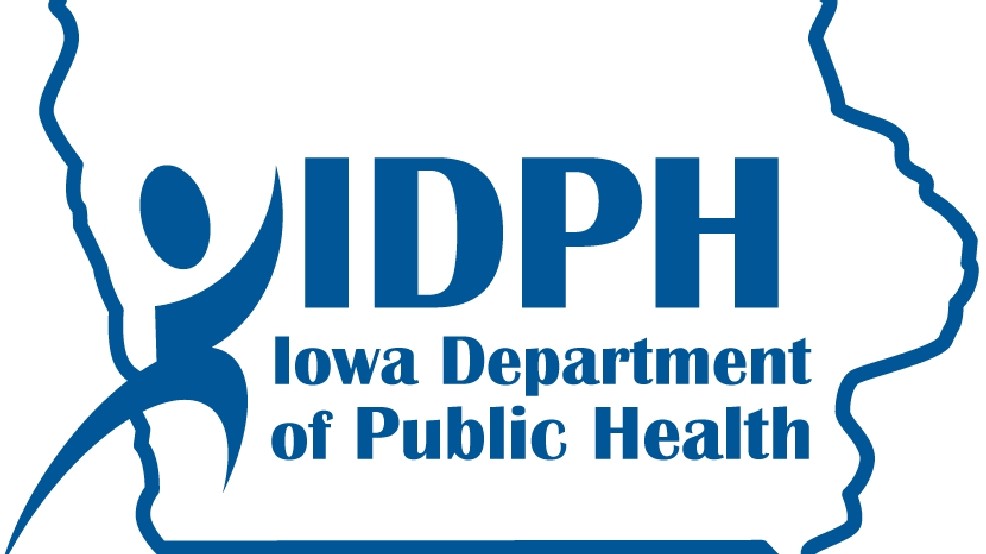The Iowa Standard is a free online news source so we can reach as many people as possible. But we need to raise money! We are asking our readers to help support us as a news alternative entering 2020. If you could, please consider showing a sign of support to The Iowa Standard by making a contribution here. Or, you can use Venmo and make a contribution to @Iowa-Standard-2018.
You could also send a check to:
PO Box 112
Sioux Center, IA 51250
Last week we told you about the DMACC food pantry on the Boone campus and the Back Slide anal lubrication that is available for free in the pantry.
While Provost Drew Nelson originally seemed caught off guard by the presence of the product in the food pantry, he said the product is available along with a number of other sexual health and safety products.
Assistant Provost Rachel Erkkila wasn’t alarmed at all by the products. And the food pantry is a proper spot, she said.
“As far as I’m concerned, where ever students can get access to things to help them stay healthy — we know that there’s a rise in STDs across the state. So, accessibility and ease of access is certainly something that we want to make available to our students.”
Faculty are allowed to have the products in their classrooms or offices.
Products like the anal lubrication are not purchased by DMACC, Erkkila said. Instead they come from the Iowa Department of Public Health (IDPH).
Lexie Hach, IDPH rural outreach liaison, said that IDPH does not dictate what products go in DMACC’s food pantry.
“Nor do we dictate what organizations order nor where they place them,” Hach said. “The IDPH supports a free condom program throughout the state in which any organization can participate. The program uses an online ordering system. The organization selects the products they want, and where they will distribute them. Products are available to any organization at no charge. This program is not just limited to colleges.”
The condom ordering system is online through My IA Condom website. The system offers products such as male condoms, insertive (female condoms), lubricants, non-latex condoms and dental dams. Water-based and silicone lubricants are two products available through the condom program.
“The purpose of lubricants, when used with condoms, is to reduce friction and decrease the likelihood that the condom may break,” Hach said. “This is part of a risk-reduction practice.”
Hach said staff from DMACC ordered the products.
“Staff from DMACC placed the order for the products and placed them in multiple locations throughout the campus,” she said. “The condom program is supported through multiple federal funding streams, all in an effort to reduce the risk of STD and HIV transmission and acquisition.”
The Centers for Disease Control and Prevention (CDC) requires state HIV and STD programs to prioritize high-impact prevention strategies, including condom distribution. Other federal funders, such as the Health Resources and Services Administration (HRSA) review and approve state budgets to ensure programs maximize the impact of every federal dollar.
Program guidelines state condoms must be available at no charge, must be accessible, available and acceptable to the populations they serve.
“Generally, areas that everyone can access and do so in a private manner are best,” Hach said.
Many colleges participate in the program. Medical institutions, community-based organizations, local public health departments, mental health facilities, substance use facilities, community-based correctional facilities and many others participate in the program, Hach said.
“The mission of the Iowa Department of Public Health is to protect and improve the health of Iowans,” Hach said. “And the condom program is one way to do that.”
IDPH spent a total of $402,710.29 on the condom program in 2019. That price tag includes supplies/products, shipping, website maintenance and marketing. The entire HIV prevention and care program received $19,652,508 in federal funds in 2019 from the CDC and HRSA. IDPH spent about 2 percent of its budget on the condom program.












